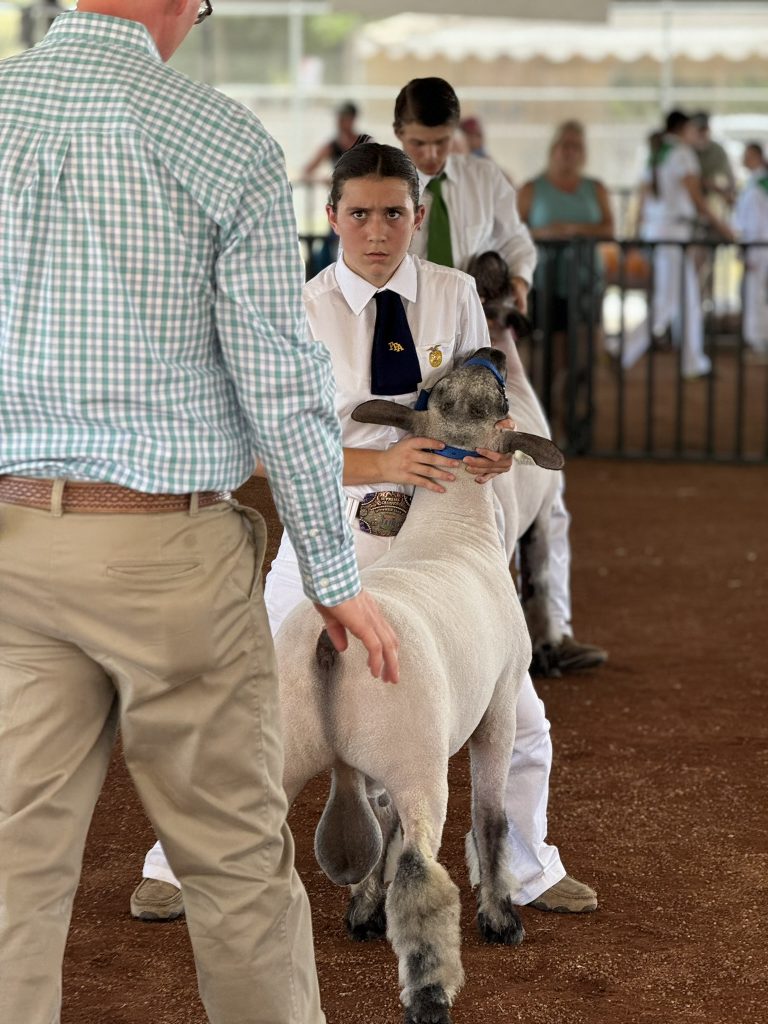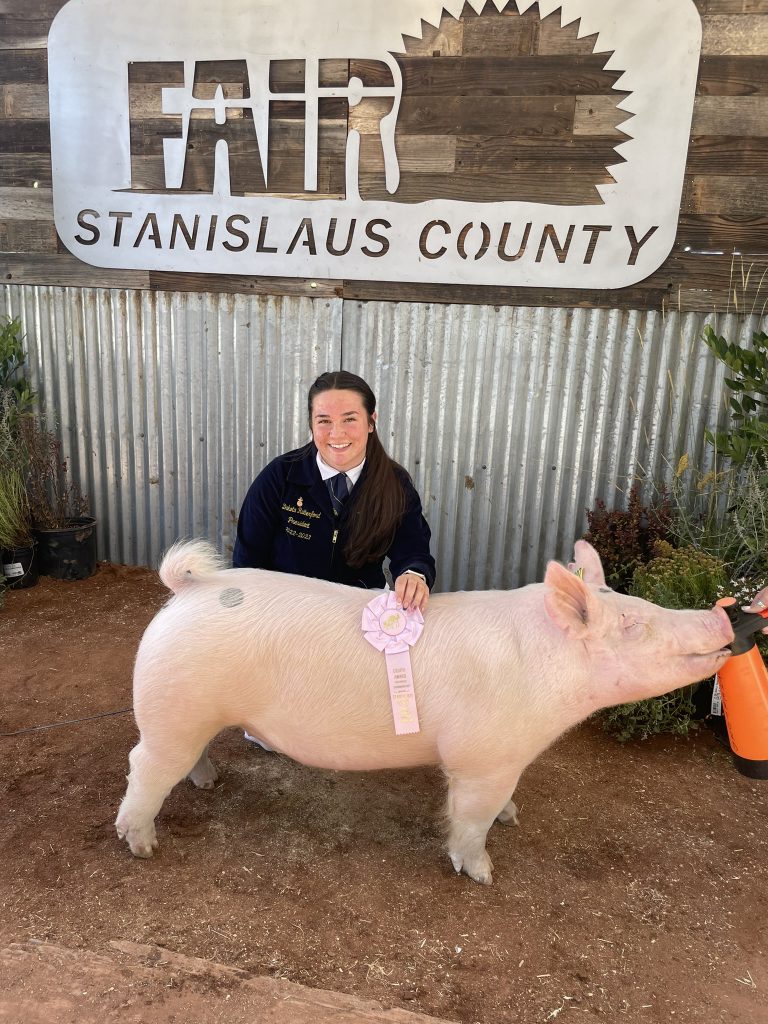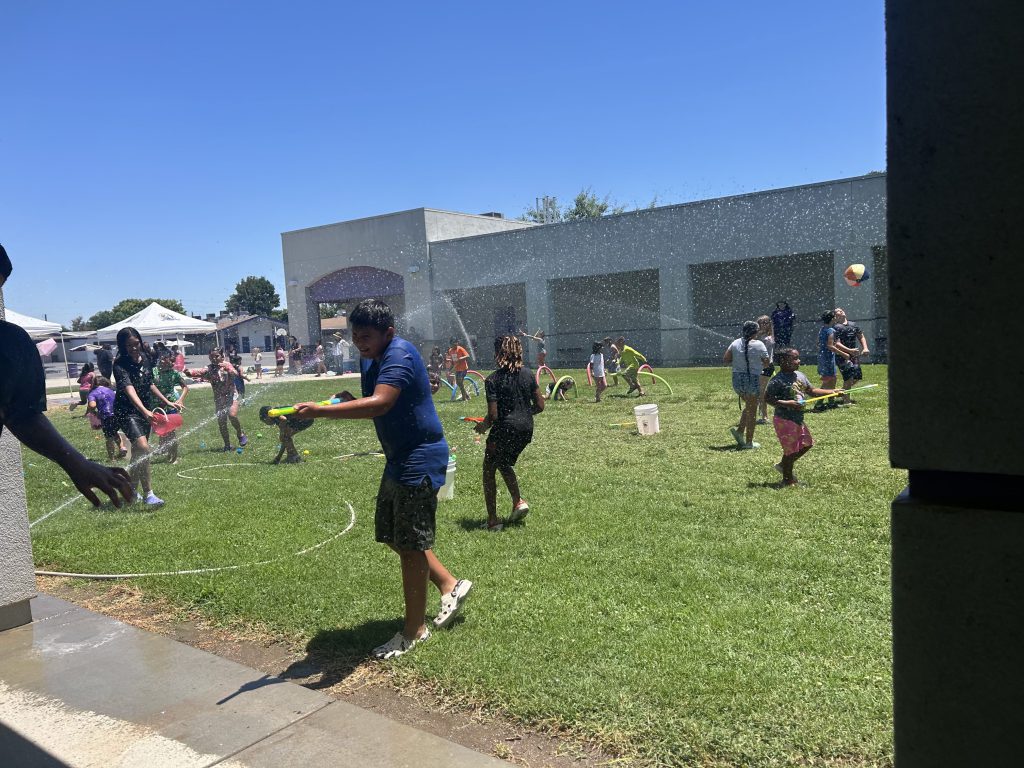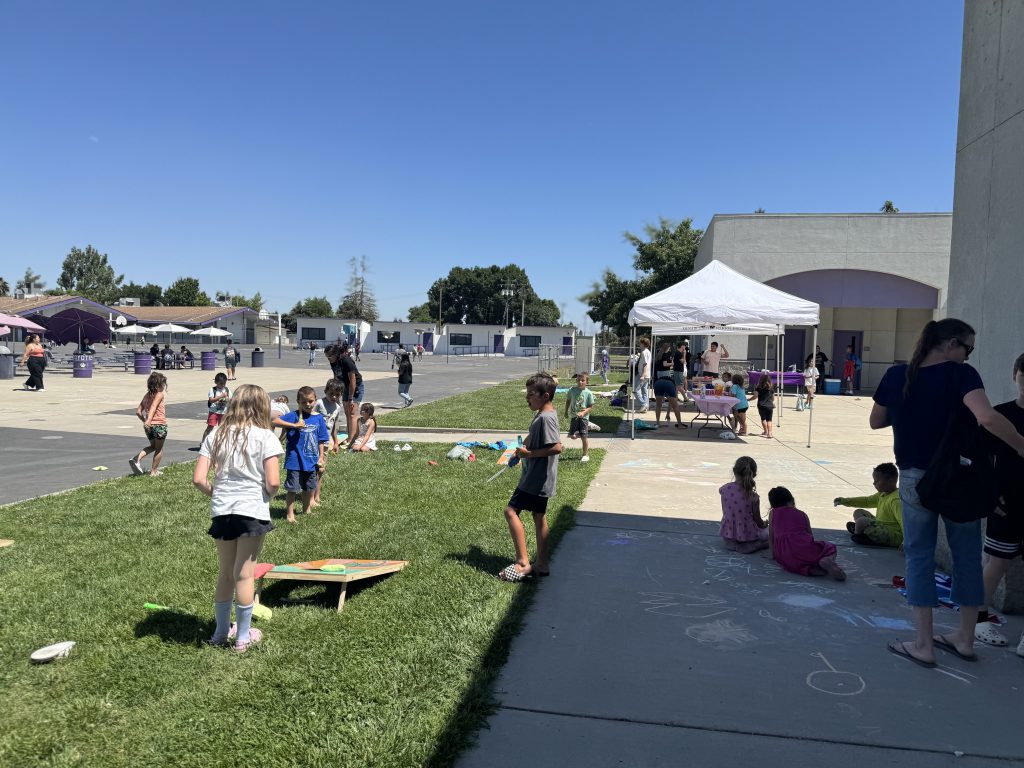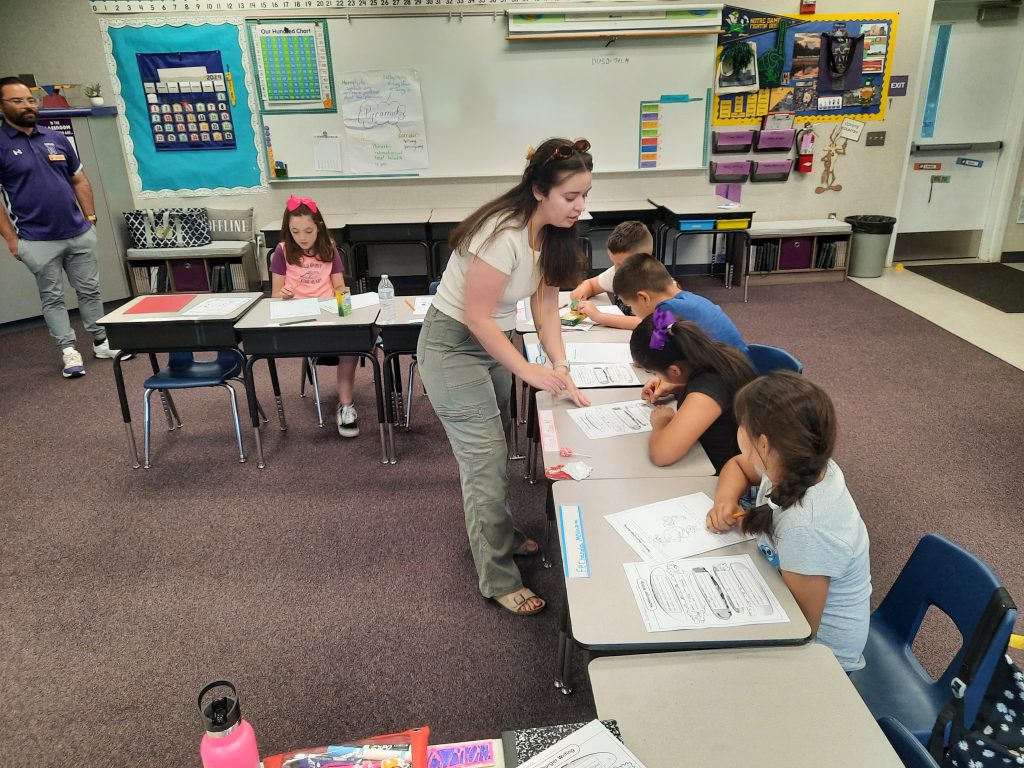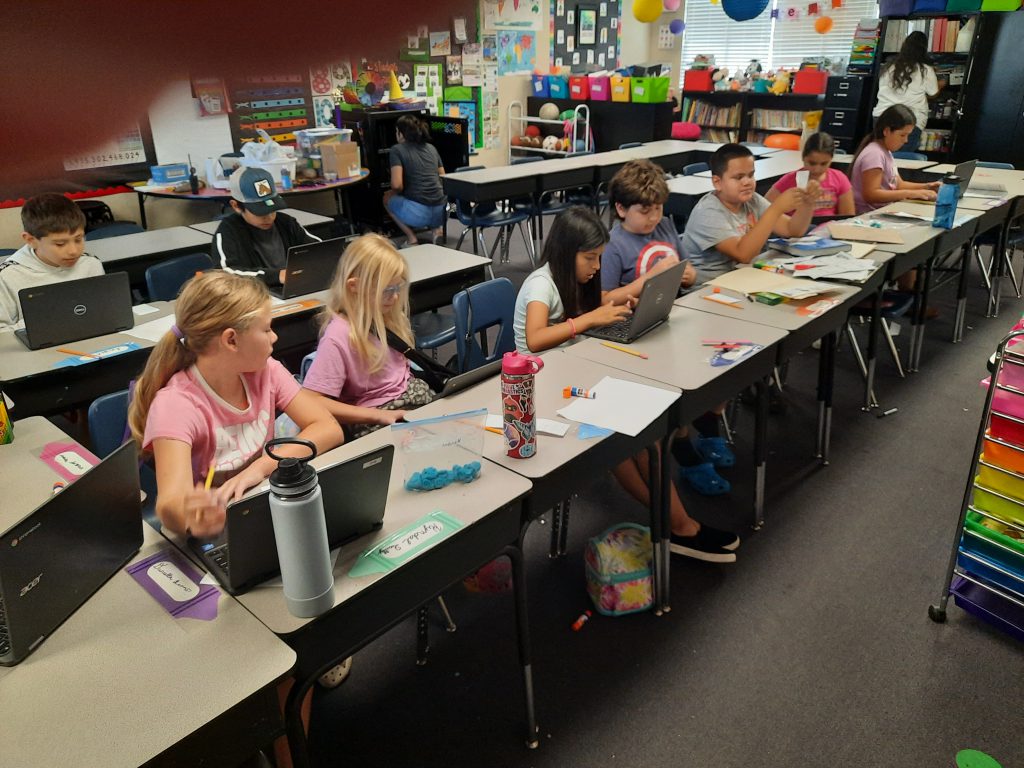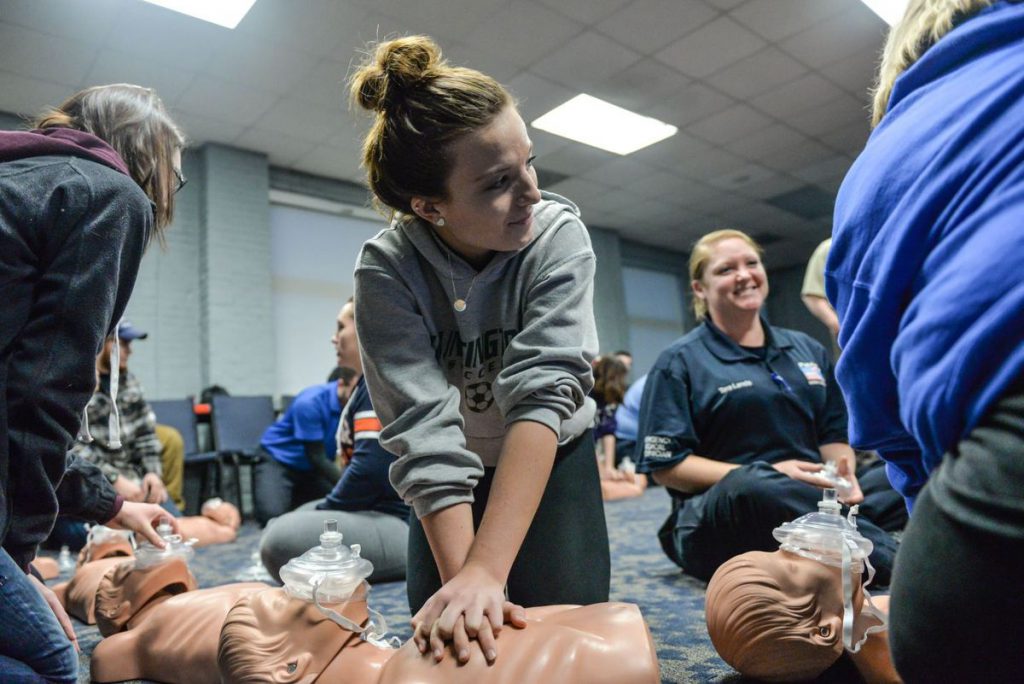
Denair High students potentially interested in medically related careers will be able to learn more about them beginning this school year thanks to a $200,000 grant the school received from the state.
The money will allow the high school to create its sixth career technical education (CTE) pathway, this one focused on providing “foundational information and skills needed to pursue a career in the medical field,” according to Principal Breanne Aguiar.
Already, almost 60 students have signed up for the first yearlong course – Emergency Medical Training (EMT) 1 – which will begin when school resumes in August. The class will be taught by Melissa Treadwell, a longtime employee in the district whose background includes certification to teach this subject.
The $200,000 from the Golden State Pathways Program will pay for the materials needed to give students a real-life sense of various medical careers – items such as a gurney, a hospital bed, stethoscopes, training mannequins, a defibrillator and touchscreen smartboards. Aguiar said students will learn about basic human anatomy as well as medical terminology and related concepts. In addition, students will have the opportunity to earn their BLS (Basic Life Support) certification.
The class could be the starting point for students who may want to pursue a career as an EMT, a nurse, an X-ray technician, or various other medically related roles. Even for those who don’t attend college, the class could position graduates for entry-level positions at a local hospital or medical facility, Aguiar said.
As with Denair’s other CTE courses, Aguiar said the EMT 1 class “creates post-secondary opportunities for students and help them identify their interests for what they may like to do as a career.”
The EMT 1 class will be followed by an EMT 2 course in the 2025-26 school year.
About half of Denair High’s 300 students take one or more of the campus’ CTE classes. The other career pathways include agriscience; ag mechanics; arts, media, and entertainment; criminal science investigation; and floral design.
“We want to help students develop interests early on to set them up for post-secondary success,” Aguiar said.
The Golden State Pathways Program is an arm of the California Department of Education. Its purpose is to provide local school districts with the resources to promote pathways in high-wage, high-skill, high-growth areas, including technology, health care, education, and climate-related fields that, among other things, allow students to advance seamlessly from high school to college and career and provide the workforce needed for economic growth.
Aguiar invited students or parents Interested in learning more about the EMT class or Denair’s other CTE pathways to call the high school office at (209) 632-9911.
